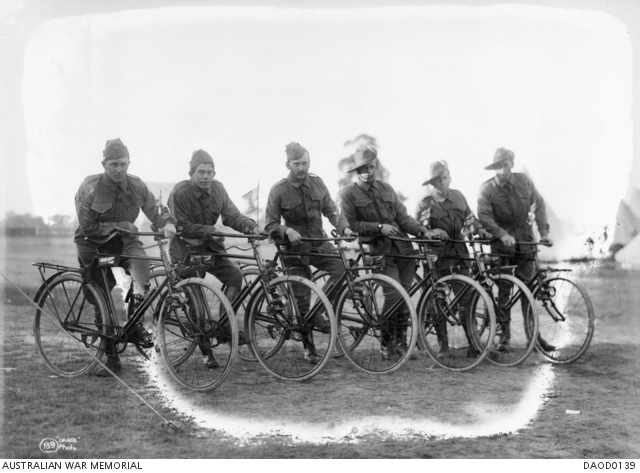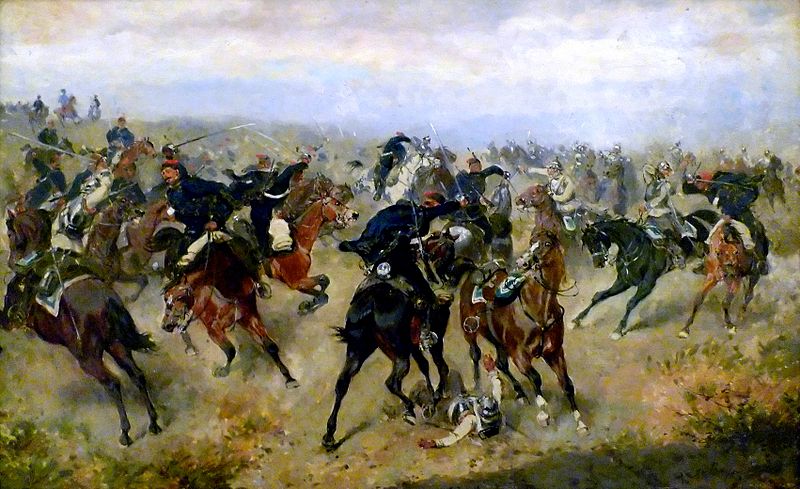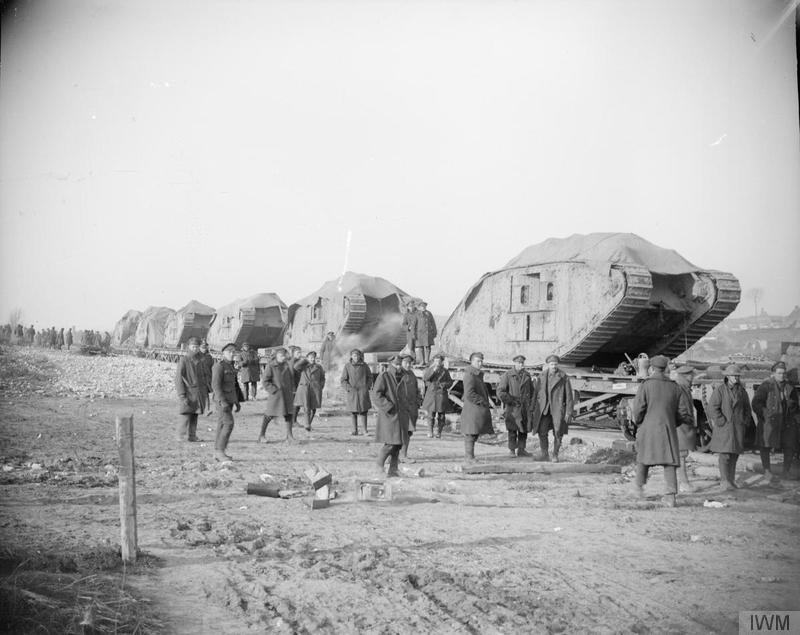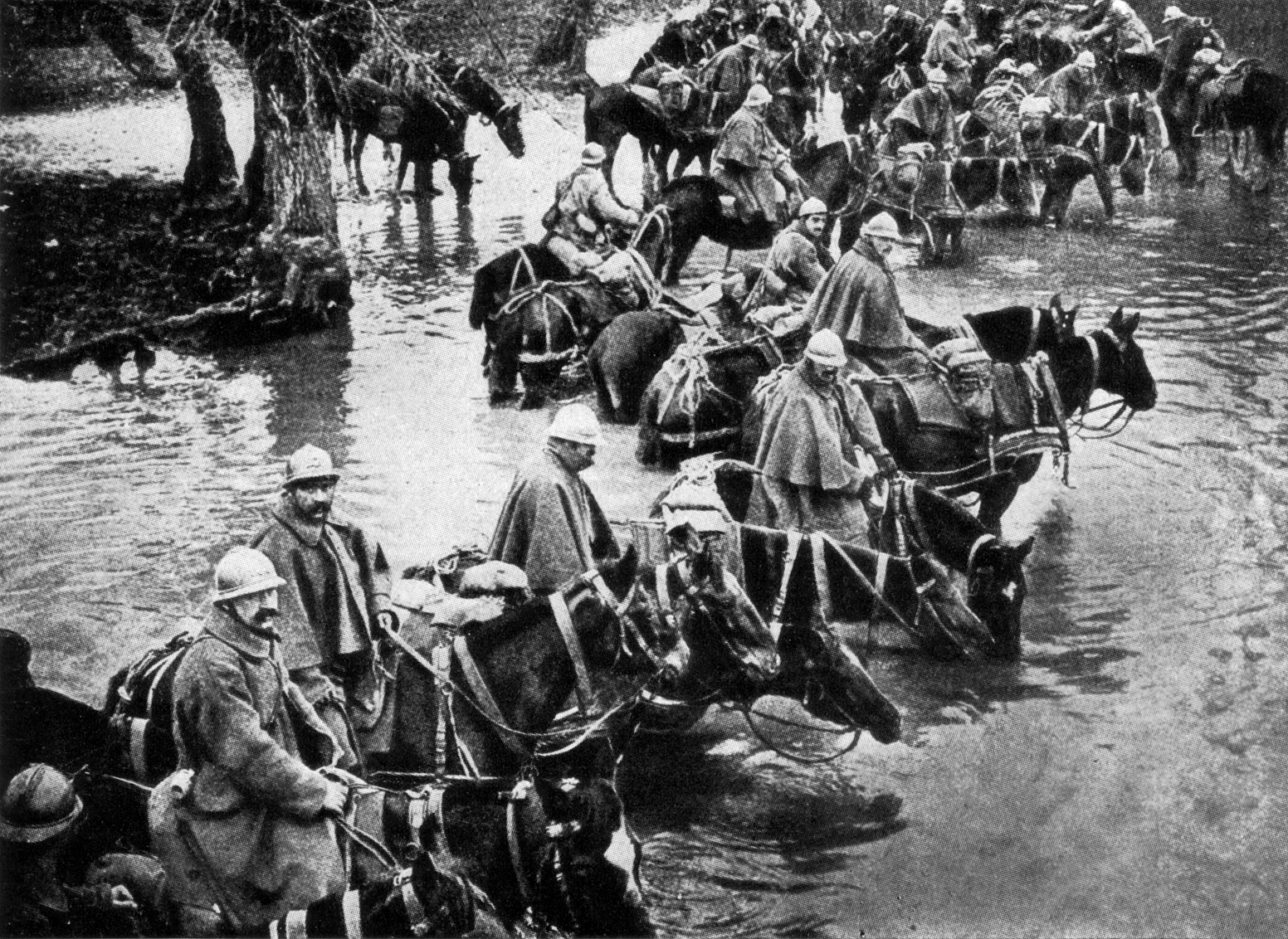A disaster loomed over Europe. The Archduke Franz-Ferdinand was murdered, and the Russians had guaranteed the independence of Serbia. Austria-Hungary’s ultimatum to Serbia was rejected, and Germany planned to stand by its ally, Austria-Hungary.
Since France was a part of the Entente, a military alliance with the Russian Empire, the German ambassador in Paris asked for an answer about the French posture. Rene Viviani, president of the French Republic, answered on August 1st that “France will draw on its interests.”
On August 3rd, the German Empire subsequently invaded Luxemburg as part of the Schlieffen Plan and declared war on France. France and its high command was ready. The “Plan XVII,” drafted by Joseph Joffre, was already fully operational.
Joseph Joffre's Early Years
Born in 1852 in the Pyrénées range south of France, Joseph Joffre was a career officer. His career started in late 1869, and he was already second lieutenant when France declared war on Prussia in 1870 and ended up participating in different artillery battalions. He was highly disappointed by the disastrous defense of the French army during the war and was hostile towards the “Commune de Paris,” a communist rebellion during 1871.
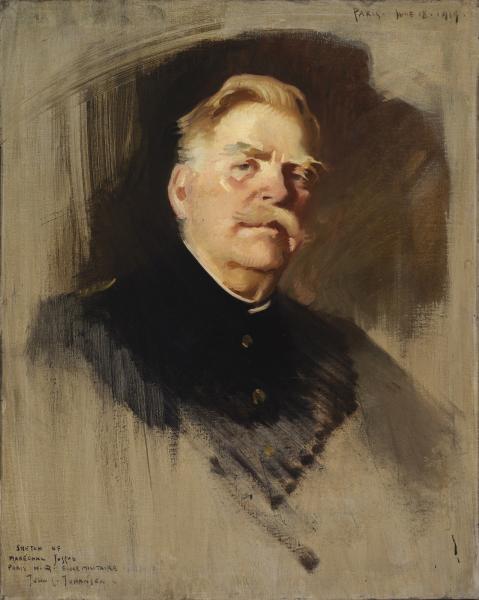
Back to school at the end of the Franco-Prussian War, Joffre went to different French colonies all around the globe: Madagascar, French Indochina, French Sudan (today’s Mali). Additionally, he studied and progressed through the ranks, finally coming back and settling down in Paris where he got his final position, the highest one: “Généralissime” of the French Army. At 59 years old, he was one of the youngest generals in the Army to obtain this rank and during the few months before hell was unleashed during World War II, he spent most of his time reorganizing the French Army and designing the “Plan XVII”.
This plan was simple and was one of the major reasons why France did not capitulate in a matter of days during the terrible month of August 1914. In a very short time, the French Army was able to mobilize and transport thousands of men in the direction of the German frontier. However, what happened during the first days of the war was unexpected, and the breaking point was nearly reached.
August 1914. France was on the edge of the cliff.
During the first few days of the war, no one would predict that the French army could stand against the terrible attack and the implementation of the Schlieffen Plan.
Defeated on the majority of the front, the French infantry despite their courage and determination could not hold against the enemy cannons. Until the end of August, the French Army was in full retreat on the entire front, excepting Alsace-Lorraine. The “Plan XVII” drafted by Joffre had been a failure even though some good things resulted. The French had advanced in Alsace-Lorraine, but the German Army opened a major breach west of Lorraine in the Ardennes and Belgium. The highest success of the “Plan XVII” had been the fast mobilization of the French army.
The cold-blood of Joseph Joffre surely prevented an even greater disaster, and he is now famous saying: “Surtout, pas d’affolement!”, translated as “Above all, do not panic!”
But the German Headquarters made some fatal mistakes. The first one was that Joffre decided to counter-attack every time he could against the Germans. Fixing divisions was crucial for the French as they could reorganize their army all along the Marne river.
The Germans were also very stubborn about their beloved Schlieffen Plan which had been proven to have major flaws. The first and perhaps the most important one was that the Plan needed to cut through Belgium, which dragged another country into war when the Belgians refused to let through the German troops. This subsequently brought the United Kingdom into war as they had guaranteed Belgium’s independence.
The second major mistake was that the Germans wanted to destroy Belgium and their forts by any means. Fixing more than 150,000 men and most of their artillery in an attempt to destroy the Forts of Liège, Namur, and Anvers, the Germans experienced a crucial time and manpower loss. Instead of directing their force against France and destroying the French armies, the Germans lost time which they would never get back again and would finally cost them Paris.
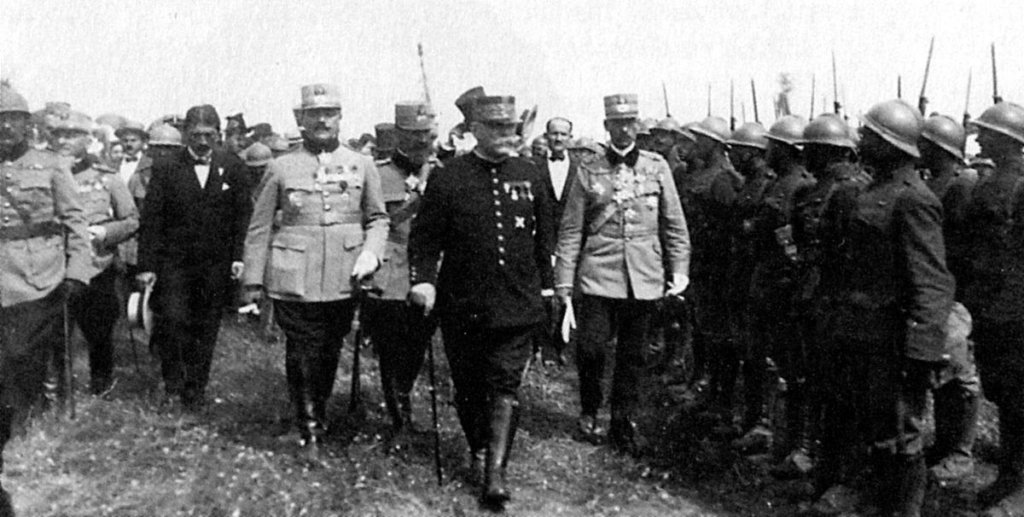
“The Marne Miracle”
As stated before, Joffre declared a Full Retreat, and all the units capable of organizing the defense were sent off behind the Marne River, one of the last major rivers before Paris. Some 70 kilometers away from the front, British General John French was already thinking about evacuating the British Expeditionary Force.
General Kitchener convinced General French to listen to Joffre. During the retreat, August 29 would become a significant day and permit the success of the Marne Battle. During this crucial day, General Lanrezac held an important German attack at Guise, which fixed German troops and cost them time. During this battle, Joffre found time to reorganize the army and refine his strategy to block the Germans.
During this time, Joffre carefully analyzed how the German Army was organized to try and find something interesting. Strategy is all about opportunities, and, since the beginning of the War, nothing was interesting enough for France. Joffre spotted gaps between the 9th and the 4th German Army, and came up with the main objectives of destabilizing the frontline and completing encirclement maneuvers around the enemies. A recon plane spotted that the German Army was making a move in direction of Meaux, which indicated the moment when the French and British should attack.
After several hours of hesitation, Gallieni and Joffre decided that the attack should be completed as soon as possible. And in the early morning of the 6th of September, the decisive Battle of the Marne started. Possibly the most important battle of WWI, this battle was of strategic importance. The French and the British attacked and destroyed multiple German divisions, pushing them 100 kilometers back in a matter of days! “The Miracle of the Marne” happened and saved France from collapsing, thanks to the sacrifice, the courage, and the determination of its infantry.
Even if the tactics and the strategies were already long obsolete, it was enough for the Germans to be stopped and drove back from Paris’s region.
Following the Marne Battle, the Aisne Battle (another river in northern France) began, but no movement from both sides were decisive enough, the Germans finally settled down behind a river and the French were exhausted by this enormous effort.
This battle proved that the Schlieffen Plan was indeed a failure, and the belligerents could not go on with a war movement which was very costly for both sides. Thus began Trench Warfare.
In this “Miracle,” Joffre’s cold blood prevented major disasters and his ability to convince General French to withdraw his troops contributed to this strategic victory. His mind was a key-factor in the final victory of France in WWI.
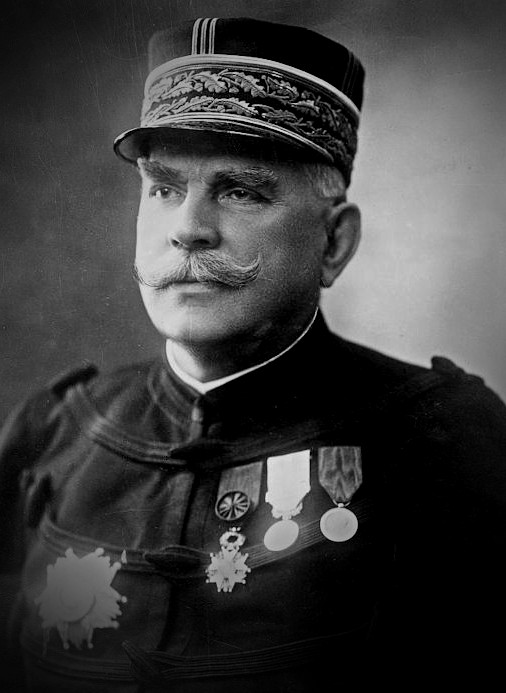
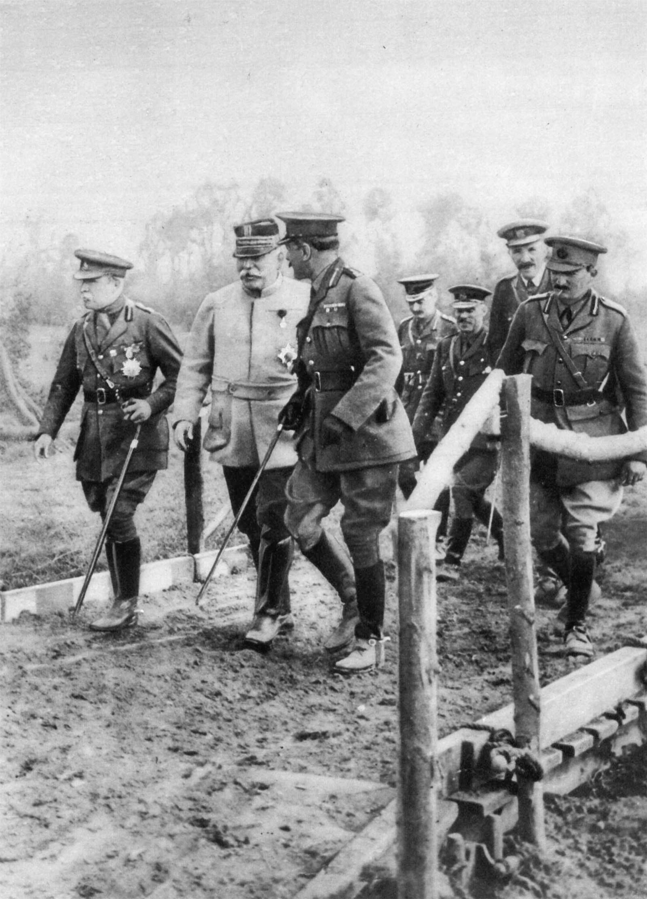
Bloodbath after Bloodbath…
At the end of the Aisne Battle, the infamous Trench Warfare started. As the belligerents started to dig themselves deeper and deeper, offensives from both sides looked disastrous. So began enormous casualties for insignificant victories, and the horrors of the Trench Warfare developed.
The “Chemin des Dames,” the Flanders Battle, the Champagne Battles, Ypres, all of these battles were disasters for multiple reasons. First, the French Army always lacked ammunition and firepower to break the lines. The bravery of the Infantry shined on the battlefield but no major breakouts could be achieved from October 1914 until the end of 1916, when Joffre was sacked. Second was the appearance of a new weapon: lethal gas. It was not the best way to attack since the attacking side could also suffer from the effect of the gas, but when used as a defensive means, it was very reliable since one army could absolutely choke the whole no-man’s land with it.
The last major battle directed by Joffre was the Somme Battle. As the Verdun Battle had already been raging on for several months during 1916, the Somme was an ideal objective for Joffre to break the enemy frontline but dissensions in the Allies Headquarters sabotaged the effort. Like the previous battles, the Somme ended in a useless bloodbath and was very costly for France, the United Kingdom, and Germany. The Status Quo stood.
Joffre proved several times he was a real general and probably saved France in September 1914, but within several years, his tactics were outdated, and it was time for change. Robert Nivelle became the new commander of the Allied Armies in France on the 26th of December 1916. Joffre was out.
The same day, Joseph Joffre was named Marshal of France.
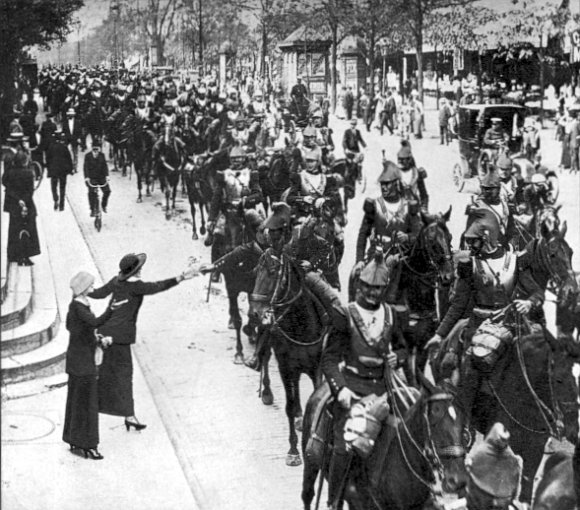

His legacy
Seen as a savior by some and as a butcher by others, everyone had his opinion about Joseph Joffre. It is possible to discuss the horrific battles that took place under his command but despite having significantly fewer troops and firepower than German General Von Moltke, Joffre did what he was tasked for: resist and hold.
Even though his Plan XVII was ultimately a failure and France nearly collapsed, his strategy to push the enemies of the French Republic back were a success, and it is important to remember the sacrifices and bravery of the men that died under his orders.
After all, we can see Joseph Joffre as a true savior because Paris did not fall to the hand of the German Imperial Army. As in 1871, it could have caused major troubles to the French war effort. Revolution, revolts, mutinies? What could have happened if the cold blood of Joffre did not prevent the Germans from entering Paris as they did 40 years before?
In the end, France won the Great War with enormous casualties, and every effort from the entire French population was vital for the war. Joffre had been their leader, the leader of a nation every step of the way.
Guest Contributor: Kjetil Vion is a writer and a history enthusiast. A passionate of France and modern military history, he has a special interest into the Prussian state, specially since the Sadowa battle against Austria. Always wanting to learn more, he now looks to spread his knowledge in history.

